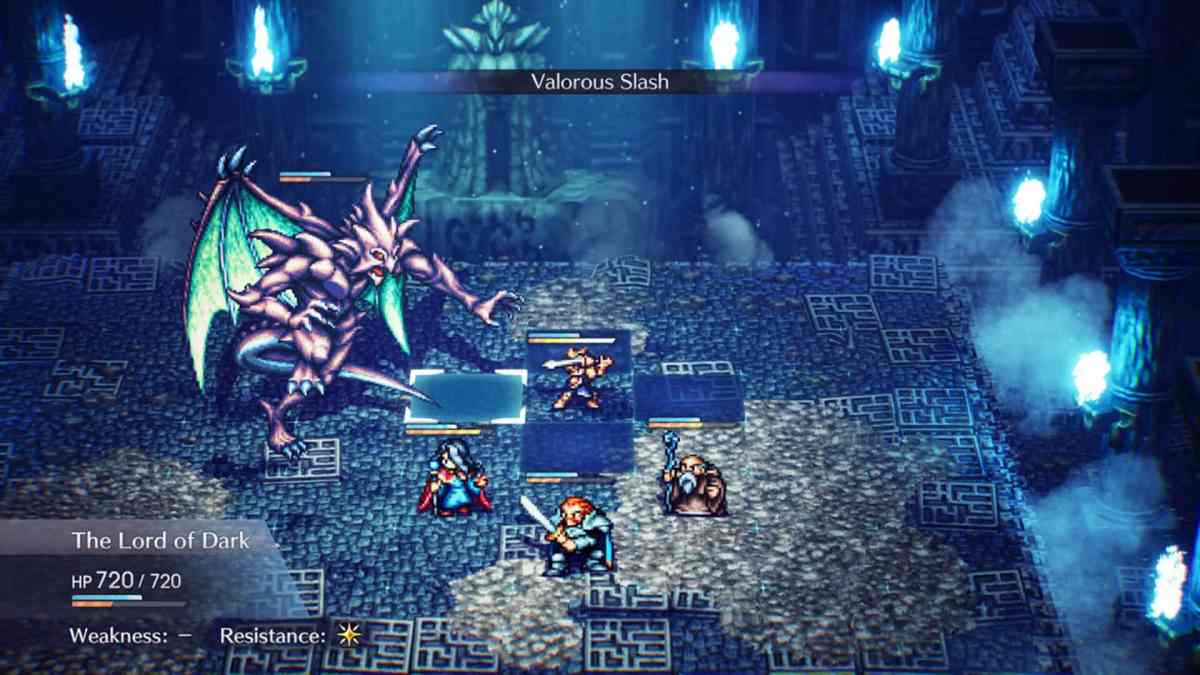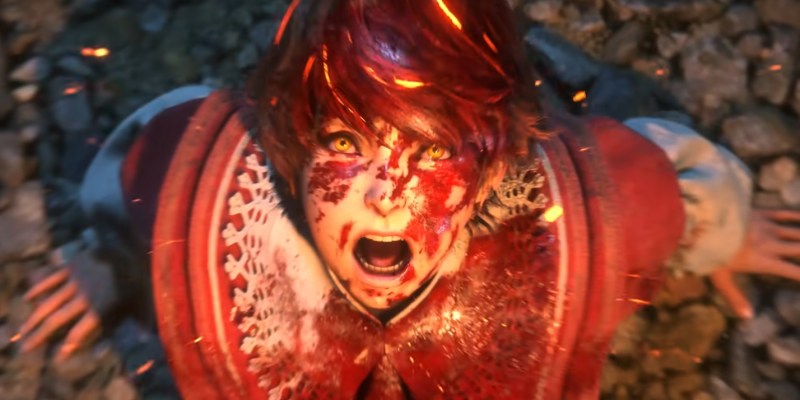Final Fantasy XVI is a lot of things. It’s a triumphant return to the spotlight for the series, a system-selling PlayStation 5 exclusive, and a critically acclaimed, narrative-heavy adventure. Final Fantasy XVI is not – in my opinion – a role-playing game. There are no party members to manage, classes to change, or roles to fill in battle. You can alter which powerful Eikons protagonist Clive Rosfield pulls abilities from, sure, and can level them up to suit his preferences, but having such little agency over him and his allies fails to clear my admittedly subjective definition of an RPG.
While I personally have enjoyed my time in Valisthea, quite a lot of RPG fans have grumbled online about the series’s continued departure from its roots into more action-heavy territory. I’d argue that Final Fantasy as a whole, sometime after Final Fantasy X, has grown rather stagnant; it needed to make a drastic change in a new direction to stave off treading water. While XVI might not be the final form of this revitalization, it’s certainly a massive leap forward to brighter, airship-filled skies.
Besides, other series have been doing the whole Japanese-style role-playing game thing better than Final Fantasy for years now. Even within the house that Final Fantasy helped build, Square Enix, other stellar RPGs abound. While a little older, Dragon Quest XI: Echoes of an Elusive Age exemplifies that classic turn-based RPG feel. It also put out the 2D-HD Triangle Strategy in 2022 that pulled quite a lot of inspiration from Final Fantasy Tactics, and then it followed it up with the more traditional Octopath Traveler II – which should’ve been named Sēdecimpath Traveler, let’s be real. Live A Live also saw the classic Super Famicom title localized after nearly three decades, and I’m still afraid to pop open my copy of Tactics Ogre: Reborn as I’m certain I’ll lose dozens of hours of my life as soon as I do.

The rest of 2022 was wild for the genre. Game Freak put out the best Pokémon game since Pokémon Black and White with Pokémon Legends: Arceus early in the year. (The less said about Brilliant Diamond and Shining Pearl, the better.) Monolith Soft perfected its open-world, action RPG gameplay with Xenoblade Chronicles 3. And the best of them all, Chained Echoes took me completely by surprise with its incredibly deep turn-based combat and thrilling story. If you look a little further back, Atlus also released two of the most challenging and deep turn-based RPGs in recent memory: Shin Megami Tensei V and Persona 5 Royal.
Up until now, we’ve been living through a revitalization of the genre – a second Golden Age, if you will. RPG fans, particularly those that like them with a Japanese flavor, are eating better than ever before, and they will continue to do so in 2023: August’s Sea of Stars blew me away with its demo. Super Mario RPG is getting a much deserved remake in November (on my birthday, no less!). The neglected Dragon Quest Monsters series is getting a new entry with The Dark Prince in December. This is all without mentioning the ever-expanding list of announced titles without release dates:

Slimes will abound with Dragon Quest III HD-2D and Dragon Quest XII: The Flames of Fate. The highly anticipated Final Fantasy VII Rebirth, while similarly adopting more of an action oriented-style, still has far more RPG elements than XVI. The Suikoden I & II Remaster promises to modernize two of the most underappreciated games in the genre, and it looks like Star Ocean The Second Story R will do the same.
And a dozen more that I’m missing, I’m certain. There’s so much to play and look forward to in every subgenre of the space that Final Fantasy XVI’s lack of RPG mechanics really doesn’t matter. In fact, the opposite may be true: An influx of amazing games has saturated the genre to the point where a modern, turn-based Final Fantasy might suffer from comparison to deeper, more complex turn-based or strategic mechanics. For better or worse, it’s the most well-known in the genre, often held to a standard higher than the rest, and I for one think it’s wonderful – perhaps even necessary – for the Final Fantasy series to continue to grow far away from its RPG roots.
